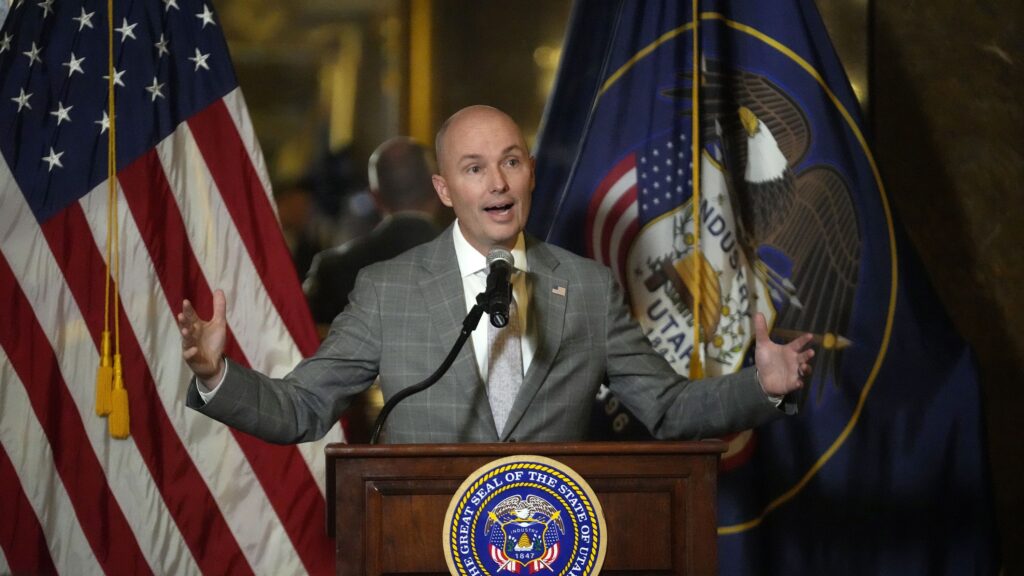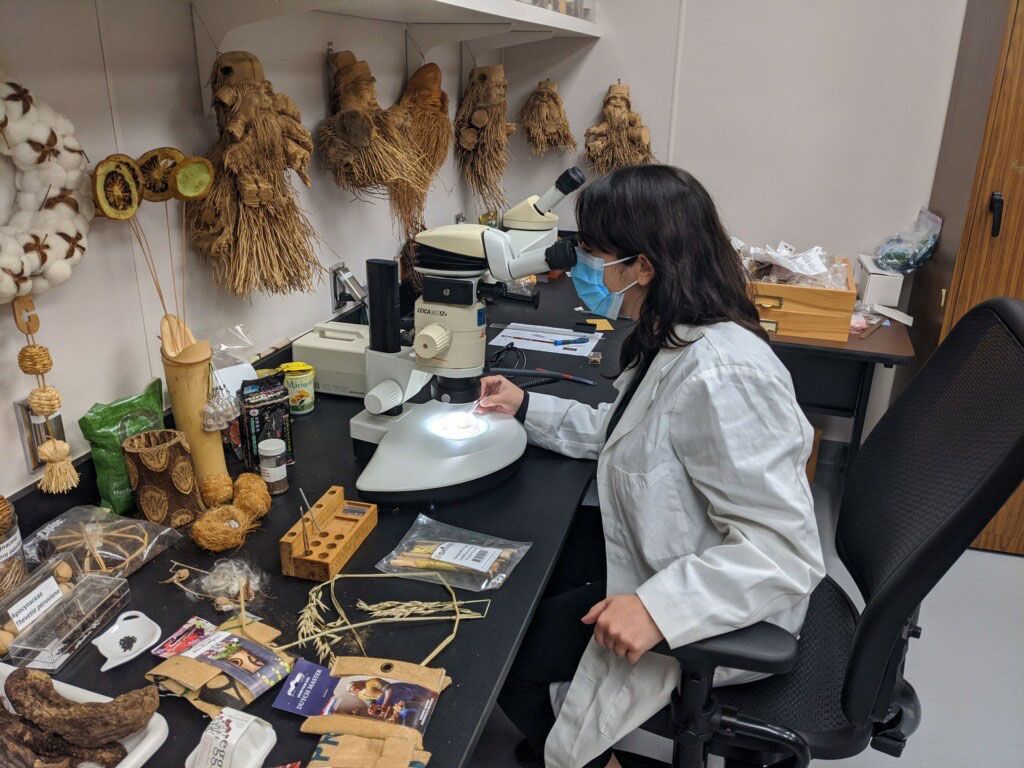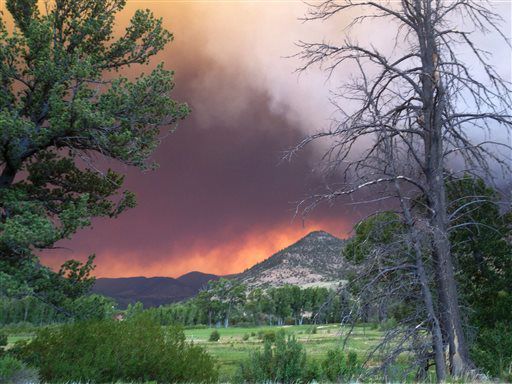Sonnenberg OK with lack of attention at Capitol to agriculture, but pushing two bills he says really matter

Lawmakers haven’t introduced many agricultural bills this legislative session, but that doesn’t mean farmers and ranchers haven’t been paying close attention — or that they’re upset about the lack of acknowledgement.
Jerry Sonnenberg, R-Sterling, chair of the Senate Agriculture, Natural Resources and Energy Committee, said Colorado’s farmers and ranchers work better when they’re left to go about their work unencumbered by new laws.
“The truth is, most of us believe that ag does better if we just leave them alone and let them provide the food and energy and fiber we need,” Sonnenberg said.
The Colorado Farm Bureau is always watching the Capitol and this year is no exception. The large slate of small business-focused bills this session, while not specifically focused on agriculture, will affect many of the bureau’s members, said Emily Ibach, director of public policy and state affairs.
“Farmers and ranchers are the ultimate small businesses, so those bills that affect small business affects us as well,” she said.
Along with issues like infrastructure and broadband access, one major issue the state’s agriculture industry is paying attention to, along with everyone else in the state for that matter, is water usage and storage. Sonnenberg and Ibach said the state should take action to create more storage to ensure farmlands and urban and suburban areas coexist successfully.
One bill working its way through the House and sponsored by Sonnenberg and Rep. J. Paul Brown, R-Ignacio, HB 1256, would study storage options along the South Platte River to keep an estimated 325,000-acre feet of water that travels into Nebraska above the amount designated in the compact Colorado has with its neighbor to the east.
“Water is always foremost in our minds in agriculture,” Sonnenberg said. “Storage has been an issue for us for a number of years. We went back over the last 20 years and we found around 325,000-acre feet on average over last 20 years on the South Platte have left the state over the compact that we could have been storing somewhere.
“Obviously if we don’t do anything to keep that water in Colorado, our urban cousin will just come to the agricultural community and get water there,” he said. “ And it’s unacceptable for ag to lose their water, especially when we have opportunities to store water and meet all of our needs, both for our urban cousins and for ag.”
Another bill, HB 1194, sponsored by Sonnenberg and Reps. Tracy Kraft-Tharp, D-Arvada, and Jon Becker, R-Fort Morgan, would provide tax credits to qualified farmers and ranchers who enter into leases with an eligible beginning farmer or rancher. On Wednesday, the bill passed out of the House Finance committee with strong bi-partisan support — a 10-1 vote.
Ibach said the “new farmer bill,” which failed in the Legislature last year, would help foster next-generation farmers and ranchers. It would provide a way for them to start out in the field without having to buy an established farm or make the large investments in equipment needed to ensure a startup agricultural enterprise succeeds. The bill would also give older farmers and ranchers a chance to mentor new farmers, even while keeping their own operations running.
“It’s ideal for kids who don’t have farms to go back to or for those whose family’s farm can’t support them,” said Ibach. “It really creates a mentorship with the older farmers.”
Sonnenberg said the bill is necessary because, as the average age of farmers and ranchers in Colorado increases, the agricultural industry as a whole is put at risk.
“It’s scary to think I’m younger than the average farmer in the state,” he said. “It doesn’t say much for where ag will end up down road if the average age of farmers is 59. If we don’t get young people involved and transition them in, my fear is we’ll be importing our food from other counties, and no one wants that.”
— ramsey@coloradostatesman.com
Colorado Politics Must-Reads:












